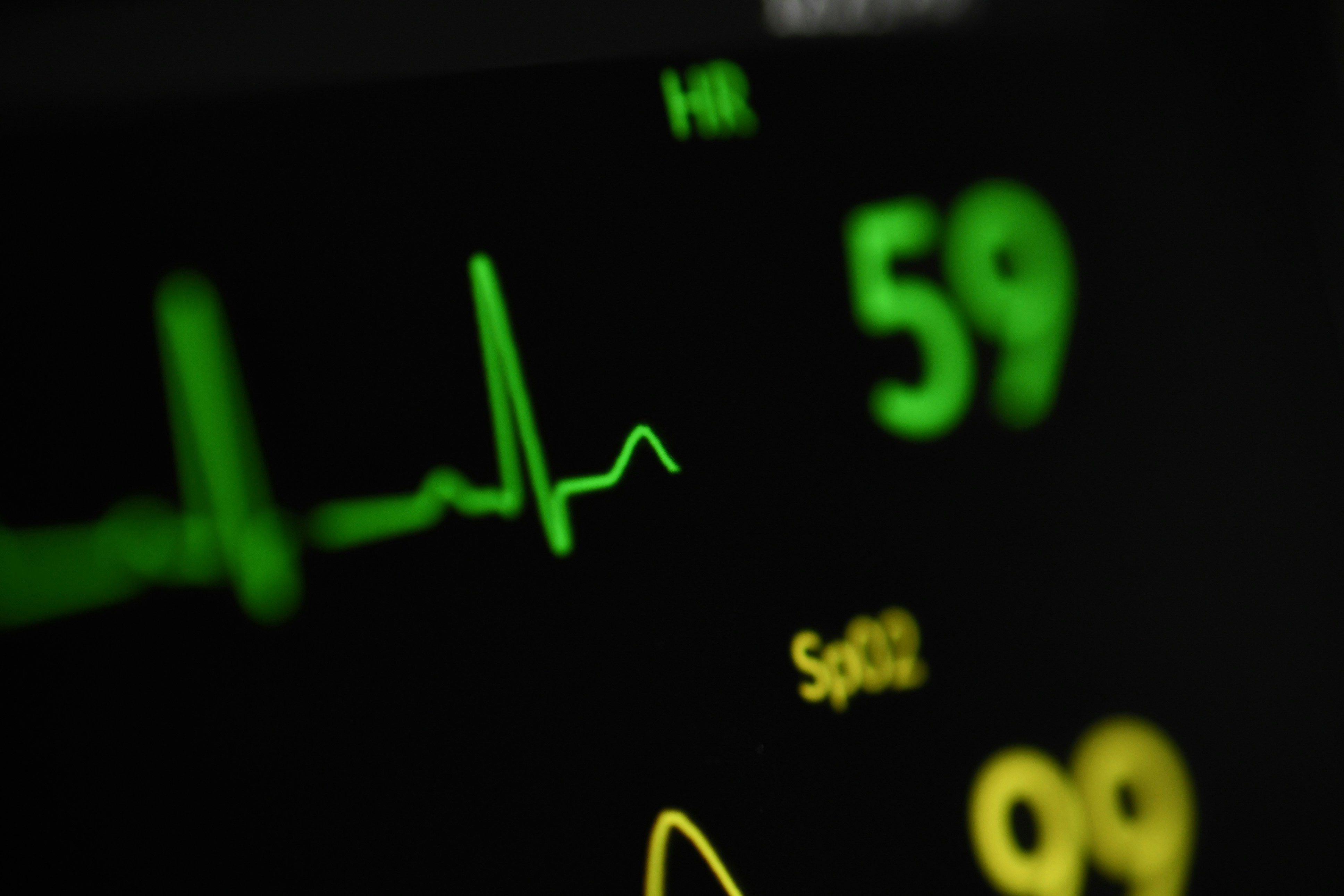Colchicine Tablets Do Not Affect Recurring Atrial Arrhythmia
The anti-inflammatory drug colchicine did not reduce such events in patients who received a catheter ablation, according to new findings.
By
Connor Iapoce
| Published on August 19, 2024
5 min read
Credit: Joshua Chehov / Unsplash

A ten-day regimen of colchicine 0.6 mg to prevent recurring atrial fibrillation (AF) after catheter ablation procedure may not reduce atrial arrhythmia recurrence or AF-associated events, according to recent research.
Results from a recent trial revealed the regimen did reduce postablation chest pain consistent with pericarditis, despite a lack of any effect on atrial arrhythmia recurrence.
“This reduction was observed within days following catheter ablation, suggesting anti-inflammatory effects of short-term treatment with colchicine,” wrote the investigative team from McMaster University. “This finding is in line with evidence on the efficacy of colchicine in the prevention and treatment of pericarditis and postpericardiotomy syndrome following cardiac surgery.”
Catheter ablation by isolating the pulmonary vein can prevent the recurrence of AF and has been associated with a greater improvement in quality of life versus medical therapy. But high rates of atrial arrhythmia recurrence limit the use of catheter ablation. Because inflammation has been linked to the recurrence of atrial arrhythmia, reducing post-ablation inflammation is important for improved outcomes.
Colchicine is a widely used anti-inflammatory agent that has been shown to reduce cardiovascular events among populations with atherothrombotic disease. In June 2023, the US Food and Drug Administration approved colchicine 0.5 mg tablets for reducing the risk of myocardial infarction (heart attack), stroke, coronary revascularization, and cardiovascular death in those with established atherosclerotic disease or multiple risks for cardiovascular disease.
Eligible participants in the recent trial included adults scheduled for catheter ablation (radiofrequency or cryoballoon ablation) for AF. The trial eligibility criteria indicated planned pulmonary vein isolation was mandatory but allowed additional ablation of the cavotricuspid isthmus and other lesions. On the day of catheter ablation, trial participants were randomly assigned 1:1 to receive either colchicine 0.6 mg twice daily or a matching placebo 10 days after ablation.
Outcomes for the study included a goal to establish the feasibility of a large-scale trial powered for clinical outcomes, as well as clinical outcomes including a reduction in atrial arrhythmia following catheter ablation. Recurrence of atrial arrhythmia was defined as less than 30 seconds of AF, atrial flutter, or atrial tachycardia detected on 14-day portable rhythm monitors and assessed by two cardiac electrophysiologists blinded to treatment assignment.
Investigators hypothesized that a composite clinical outcome, consisting of an emergency department visit, cardiovascular hospitalization, cardioversion, or repeat ablation for atrial arrhythmia, would be reduced with colchicine.
A total of 202 patients scheduled for catheter ablation for AF were enrolled between January 2020 and September 2021, with 101 patients each included in the colchicine and placebo groups. Overall, 199 patients were included in the modified intention-to-treat population (median age, 61 years) who underwent radiofrequency (79 percent) or cryoballoon ablation (21 percent) of AF. Most of the catheter ablations (69.85 percent) represented a first procedure and antiarrhythmic drugs were prescribed at discharge in most (75 percent) patients.
Upon analysis, investigators found colchicine did not prevent atrial arrhythmia recurrence at two weeks (31 percent versus 32 percent) or at three months following ablation (14 percent versus 15 percent). Colchicine was linked to a reduction in postablation chest pain consistent with pericarditis (4 percent versus 15 percent) and an increase in diarrhea (26 percent versus 7 percent).
The median follow-up duration post-catheter ablation was 1.3 years. In that period, investigators noted colchicine did not lower the risk of the composite clinical outcome of emergency department visit, cardiovascular hospitalization, cardioversion, or repeat ablation with colchicine.
“Consistent with the lack of effect on ECG-documented atrial arrhythmia recurrence and burden of AF, colchicine did not reduce the incidence of cardioversion or repeat ablation during follow-up,” investigators wrote.
An original version of this article was published on sister site HCPLive.

